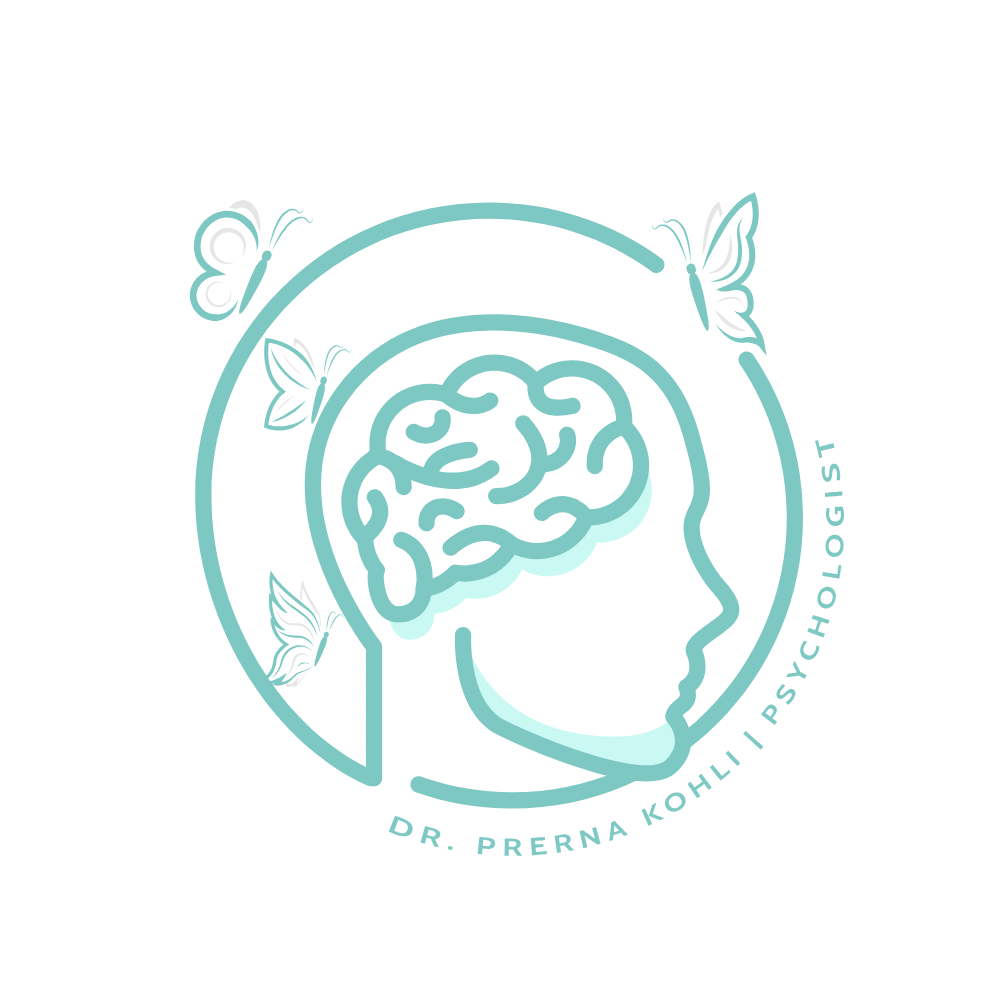[vc_row][vc_column][vc_column_text]“In human relationships, distance is not measured in miles but in affection. Two people can be right next to each other yet miles apart.”
Human relationships are never absolute, and being variable is their fundamental nature. We can make mistakes and view them as learning lessons. We all can do our best by recognizing unhealthy and inappropriate behavior and switching it to healthy behavior patterns. Everyone should be mindful that relationships that restrict or cease growth are approaching the wrong path. Addressing them on time and being responsive enough to act upon them is essential.
The 10 most common unhealthy behavior patterns in a relationship are:
Dishonesty: Lying is one of the quickest ways to ruin a beautiful relationship.
Manipulation: Feeling controlled in a relationship can restrict one’s freedom.
Possessiveness and jealousy: Jealousy can turn a relationship unhealthy when the other person controls you and does not trust you.
Abuse: Emotional, physical, mental, and psychological abuse is unpleasant for one’s mental health.
Feeling neglected: if his/her basic needs are unattended, one might feel ignored and unimportant.
Disrespect: Respect in a relationship is the main characteristic of a healthy relationship.
Lack of trust: Lack of trust can increase the levels of anxiety and level of frustration.
Lack of communication : Not communicating well can increase misunderstanding and affect your compatibility.
Resentment: Holding onto grudges can result in affecting the intimacy level.
Codependency: It is when one of the two loses their sense of independence, eventually leading to “needy behavior”.

How to address it?
Recognize the warning signs: Before addressing the unhealthy patterns in a relationship, it is essential to recognize what they are. These can include communication breakdowns, frequent arguments or conflicts, emotional or physical abuse, controlling or manipulative behavior, or a lack of trust.
Identify the root cause: Once you have recognized the signs of an unhealthy relationship, it is needful to identify the underlying cause. Often, issues stem from past traumas or unresolved emotional issues that might be impacting your partner or yourself.
Communicate openly: Communication is the key to any healthy relationship. Be honest and open about your feelings and concerns, and be willing to have a two-sided communication.
Set boundaries: Establishing clear boundaries can help prevent unhealthy behaviors from escalating. It can include setting limits on particular behaviors or establishing rules around communication or time spent together.
Seek professional help: If the constant unhealthy patterns are concerning you, consider seeking guidance from a therapist or counselor. They can provide valuable insights and tools to help you overcome these issues.
Practice self-care: Taking care of one’s mental and emotional well-being is crucial when dealing with an unhealthy relationship. Make time for self-care activities like exercise, meditation, or hobbies that bring you joy.
Build a support network: Surrounding yourself with supportive friends and family members can help you stay grounded and provide a safe space to share your feelings and concerns.
Be patient: Healing takes time, so it’s vital to be patient and compassionate with yourself and your partner as you work through these issues.
Practice forgiveness: Letting go of past hurts and resentments is an important step in healing an unhealthy relationship. Practice forgiveness, both for yourself and your partner to move forward in a positive direction.
Know when it is time to walk away: Ultimately if an unhealthy relationship is causing you more harm than good, it may be time to consider ending it. Trust your instincts and prioritize your own well-being above all else.[/vc_column_text][/vc_column][/vc_row]

